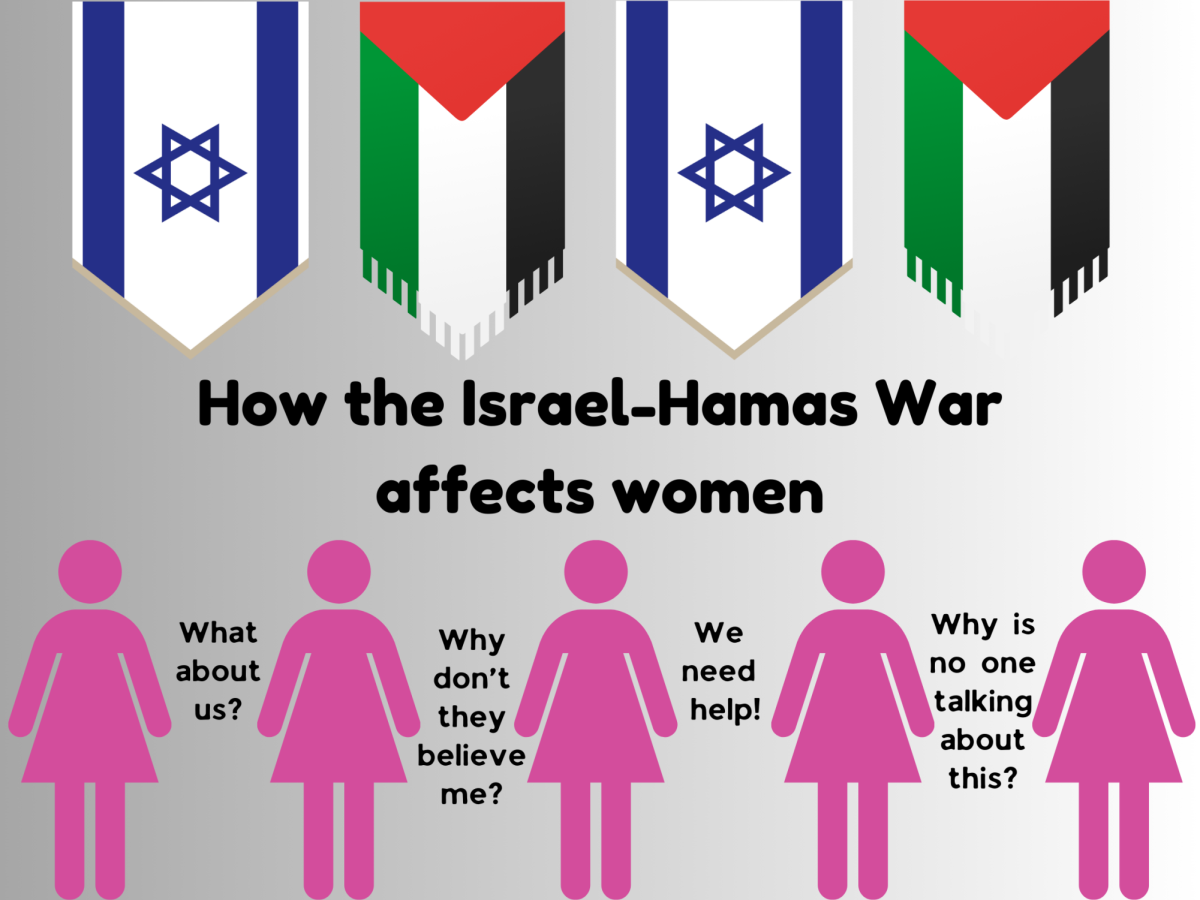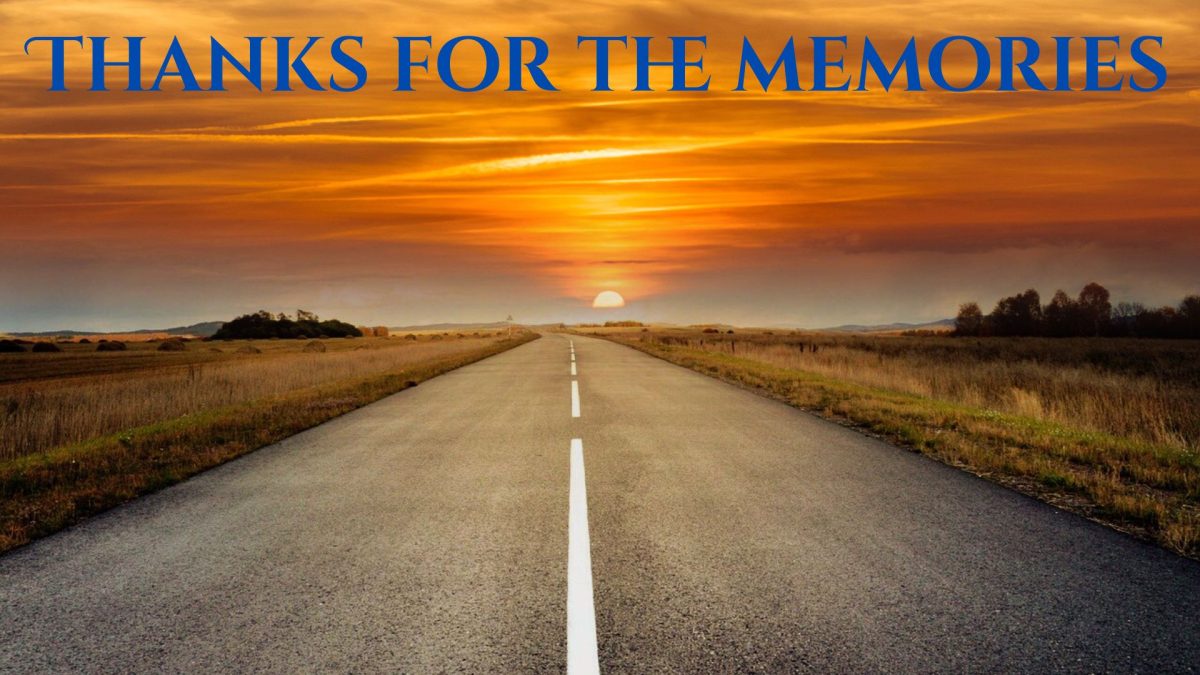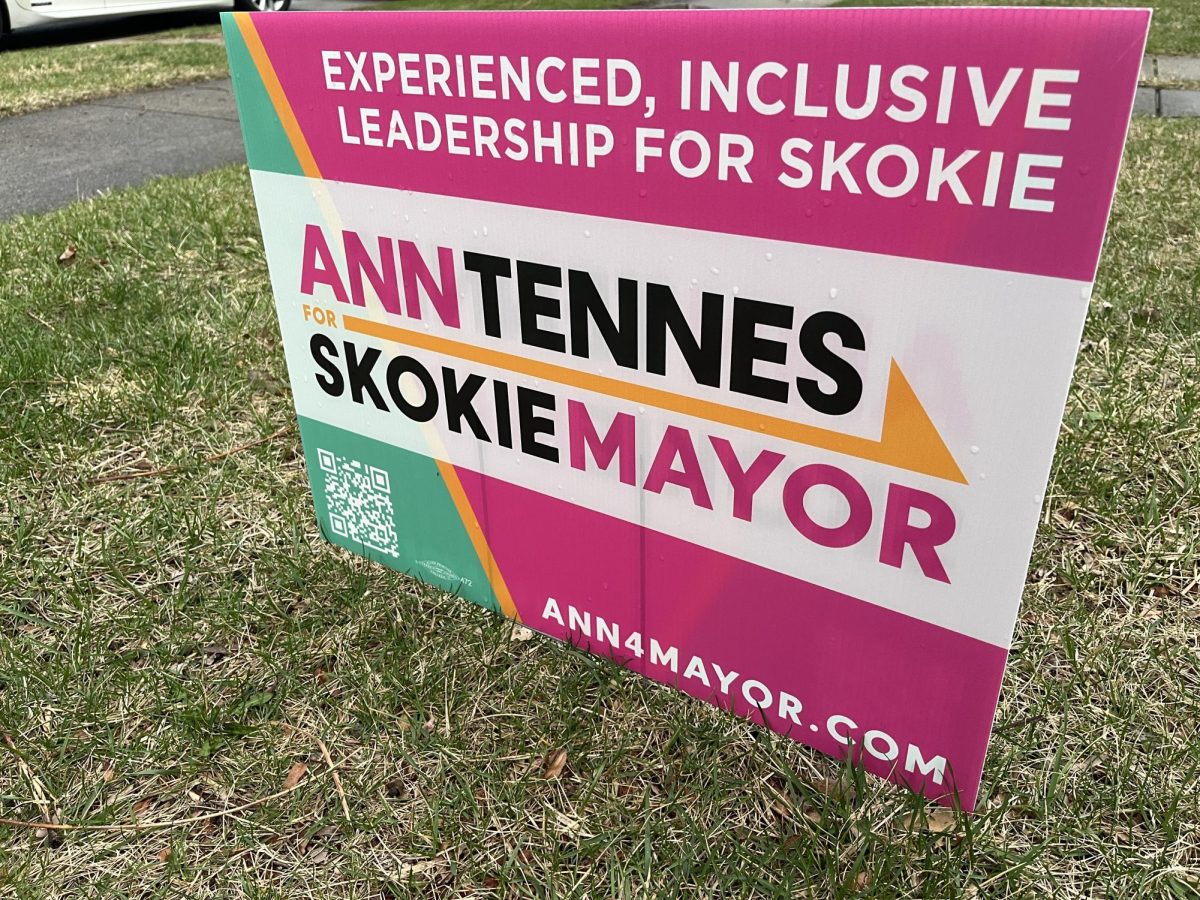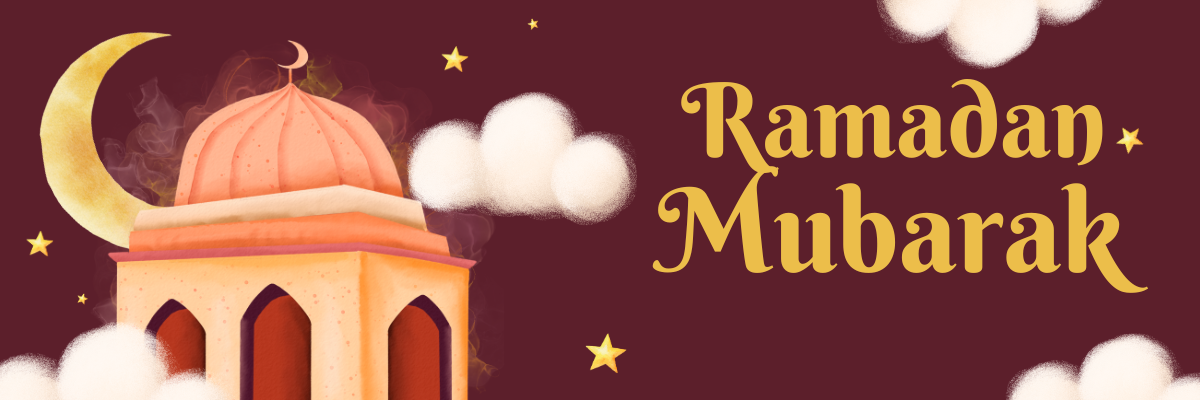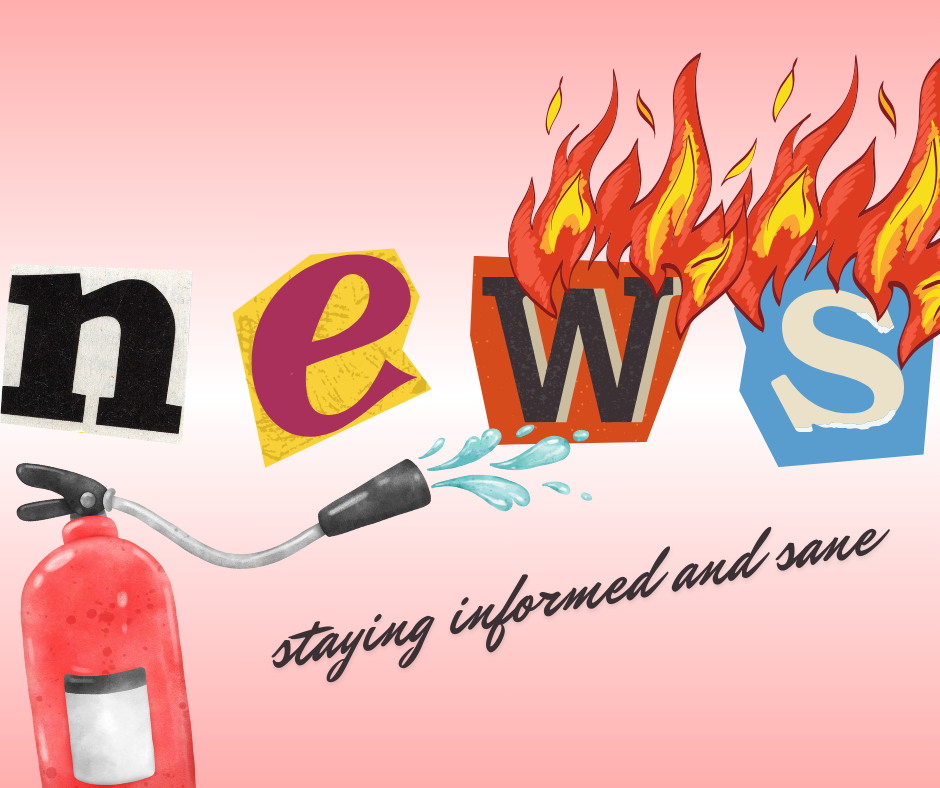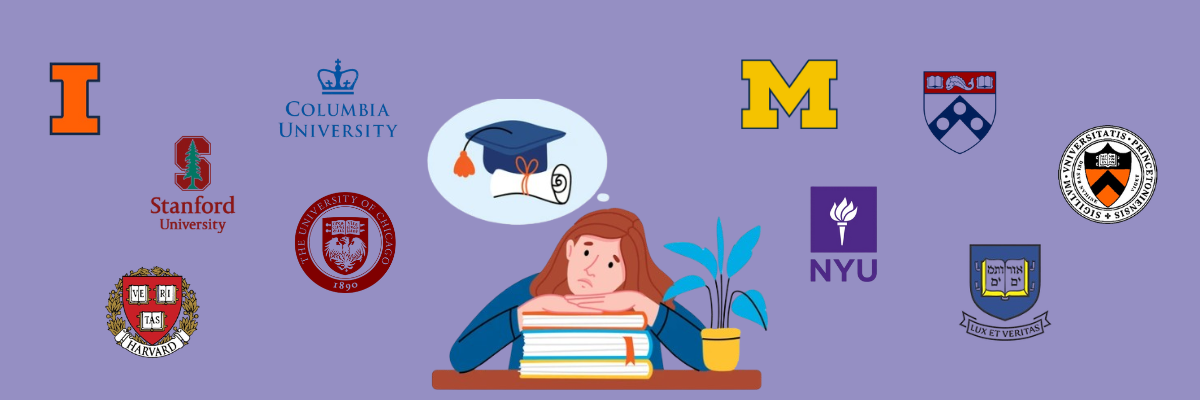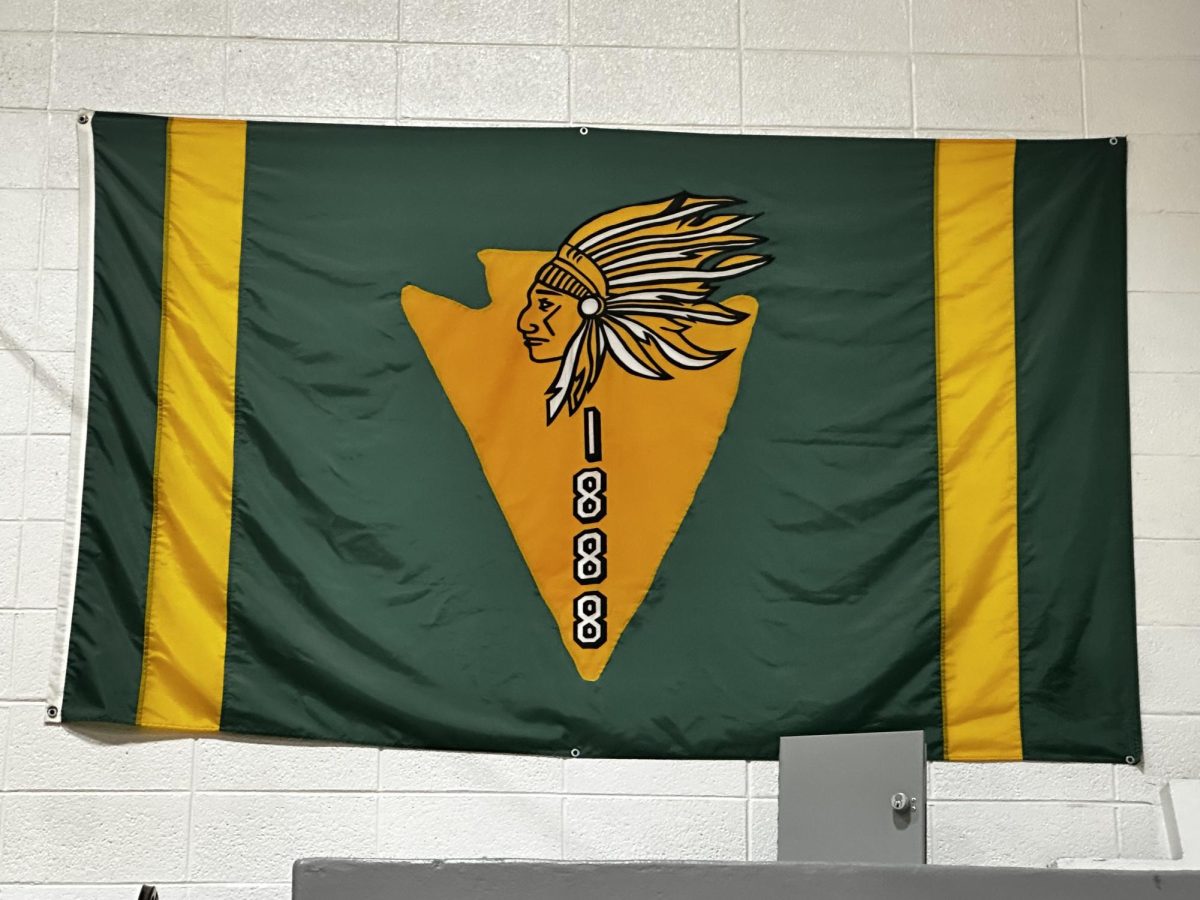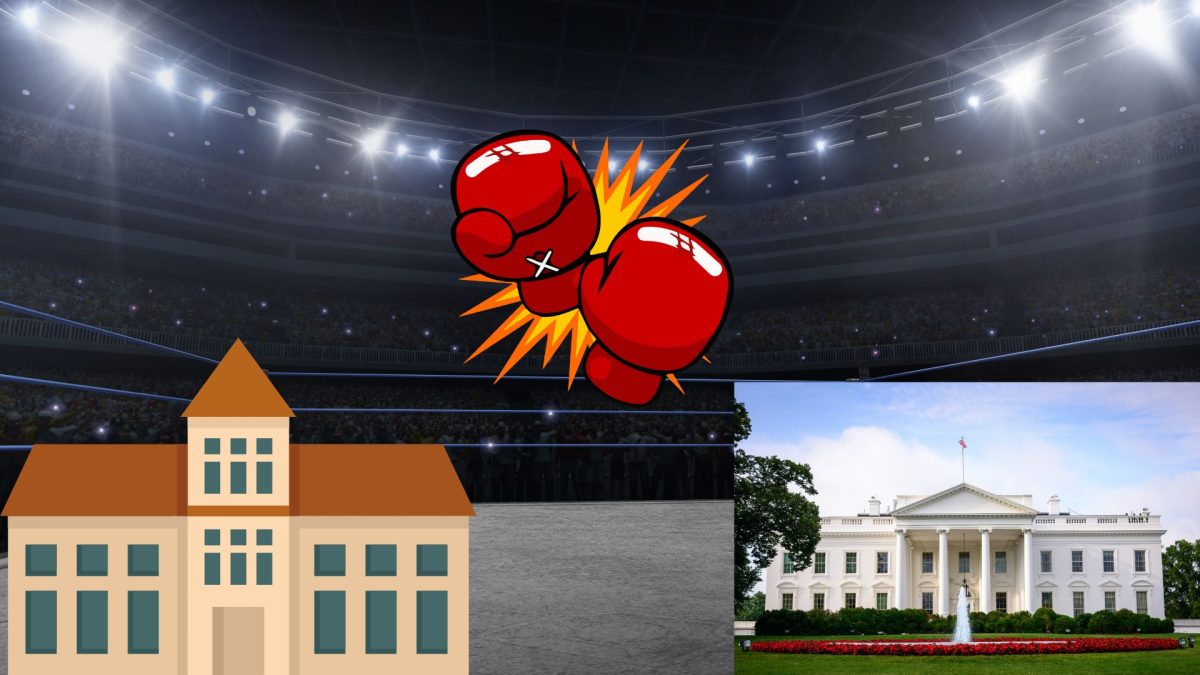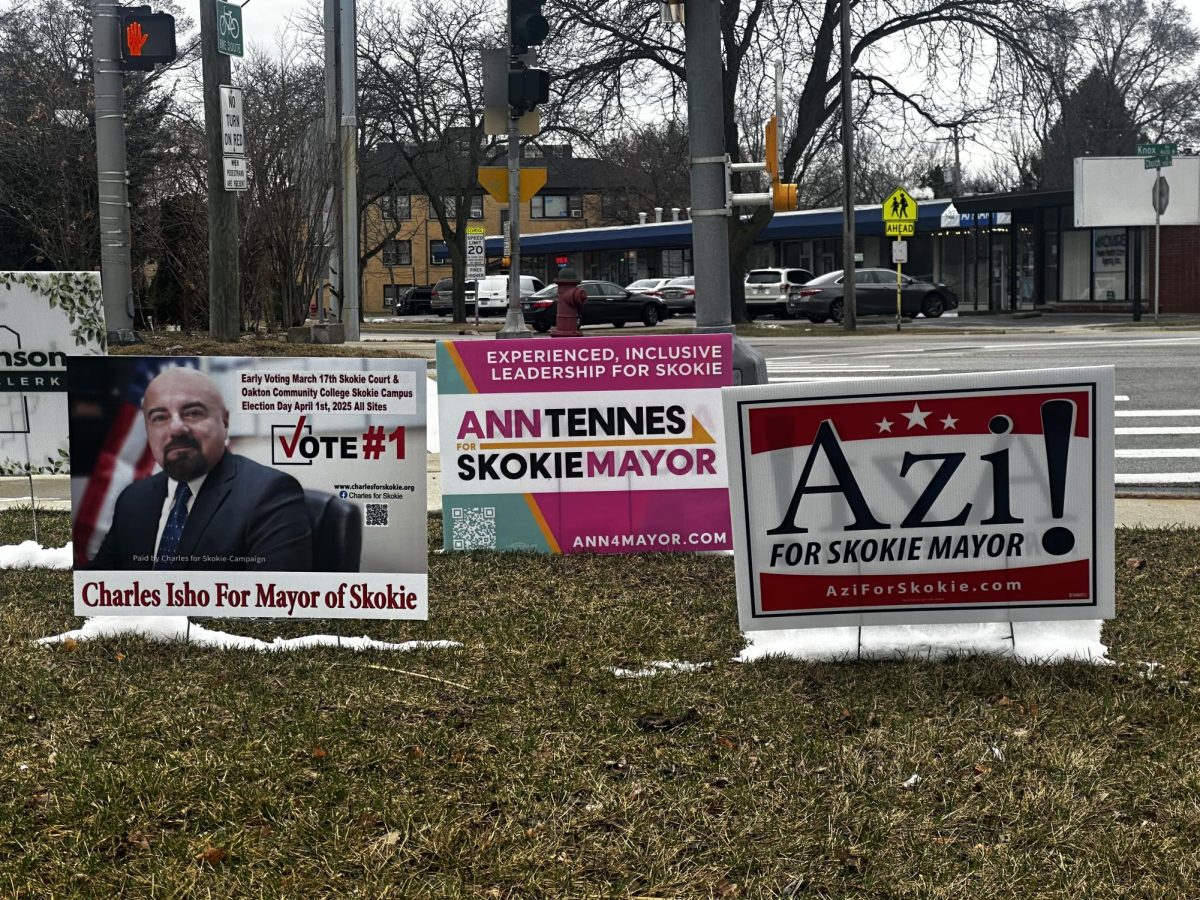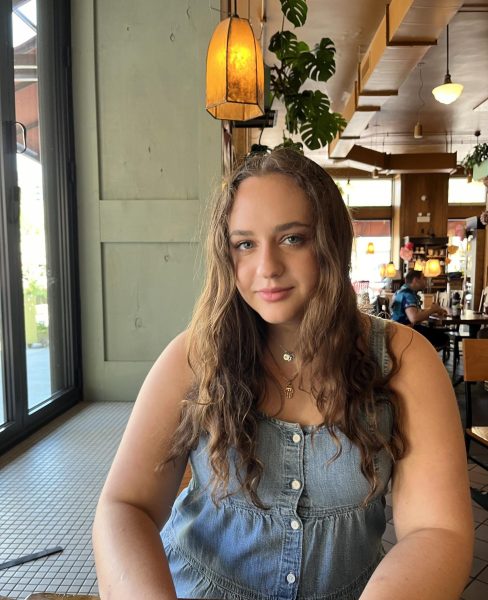While women around the world are impacted as the war between Israel’s government and the terrorist group Hamas rages on, women in Gaza under Hamas rule and women in Israel traumatized from Hamas’s sexual violence are among the most extremely impacted. Most of their stories remain untold.
On Oct. 7, Hamas weaponized sexual violence. Mass reports of sexual assault, rape, and mutilated bodies overwhelmed friends and families of Oct. 7 victims in Israel. A majority of Hamas’s victims were women, although reports detail that sexual violence against men also occurred. Hamas recorded these actions and released them on the internet, boasting their horrid abuse in public internet forums. Releasing these videos was also a form of psychological warfare.
The United Nations did not condemn Hamas’s sexual violence until eight weeks after Oct. 7. Additionally, several so-called Women’s Rights organizations denied that these assaults and murders occurred, claiming there was no proof. While there certainly was concrete proof, these organizations demanded that these sexual violence victims of Hamas speak up. Pro-Israel activists rebuttled saying it is hard for said victims to “speak up” when they have been silenced by death. Hashtags from the pro-Israel stance such as #MeTooUnlessYoureAJew began to trend, denouncing the victim blaming and lying accusations that the rest of the world hurled at the Israeli sexual violence victims of Hamas.
Senior and Jew Anna Copeland explains her feelings about how Americans treated news of Hamas’ assault.
“What made me mad about how people in America were treating it was that when the “Me Too” Movement was happening, everyone understood that the victims are the people that you should be trusting,” Copeland said. “But when it came to Israeli women, somehow they weren’t as trustworthy as American women. It felt like their Israeli identity was being villainized over their womanhood.”
“Whispered in Gaza” is an animated series that offers testimony from real Gazan citizens on what it is like to live under Hamas rule. Mariam, a Gazan woman, explains how Hamas stripped away her passion for singing and dancing. Mariam used to be a professional dancer of Dabke, an Arabian folk-style dance. When Hamas took power in 2007, Hamas told her to stop her passion and read the Qur’an instead. When she didn’t stop, Hamas threatened her family. Women are severely oppressed under Hamas rule:
- Art and music of all types are strictly banned.
- All women require the permission of a male guardian to travel.
- In their 1988 charter, Hamas stated women’s purpose was to, “manufacture men and play a great role in guiding and educating the [new] generation.”
- No law in Gaza prohibits violence against women in the family.
- 51% of married women in Gaza have admitted to being victims of some form of violence from their husbands.
It has been proven that Hamas uses immoral war tactics such as the use of human shields. Such tactics contribute to the unnerving death toll and humanitarian crisis in Gaza as the war rages on. The humanitarian crisis in Gaza disproportionately affects women. According to the UN, almost one million women and girls living in Gaza have been displaced since the war started. Around 70% of the fatalities in Gaza have been women or children and an estimated two mothers die every hour.
Additionally, women in Gaza don’t have adequate access to feminine hygiene products. To manage their menstrual cycles, some women take pills to prevent their periods. Women who don’t have access to these pills turn to old clothes, towels, and the corners of their tents to use as pads. This aspect of the war is rarely covered as women’s issues such as periods remain a taboo in both American and Gazan society.
Despite the lack of coverage, numerous women’s peace organizations in these regions such as Women Wage Peace have been working tirelessly to support women and foster hope. Women Wage Peace is a “broad, politically unaffiliated movement, which is acting to prevent the next war and to promote a non-violent, respectful, and mutually accepted solution to the Israeli-Palestinian conflict, with the active participation of women through all stages of negotiations.” Other Israeli-Palestinian women’s peace organizations include Bat Shalom and Tomorrow’s Women.
As women in these regions continue to struggle with the trauma induced by this war, their struggles go unseen and rarely covered. It is quintessential that awareness is brought to these struggling women and that their voices and stories be dually amplified.


